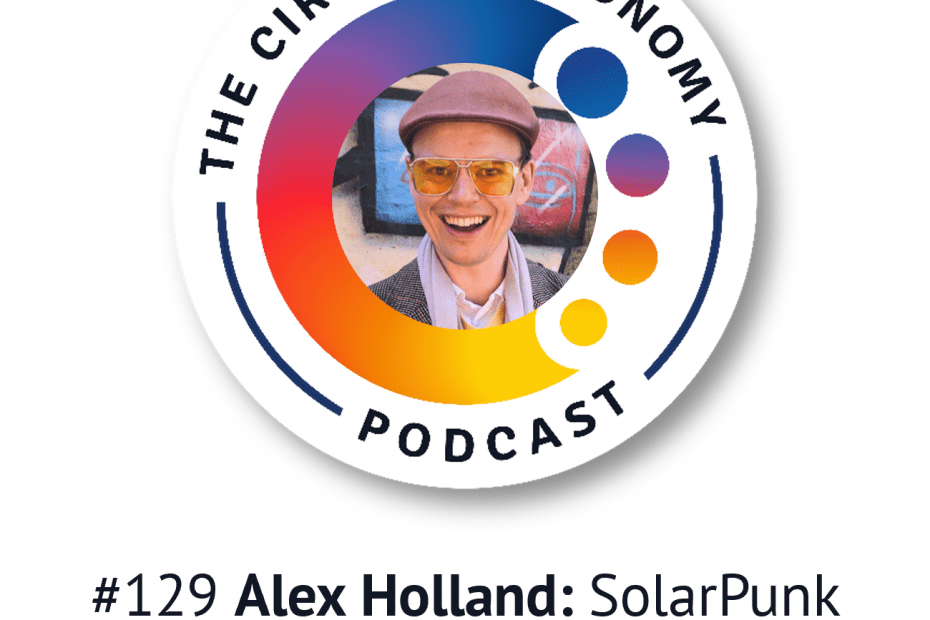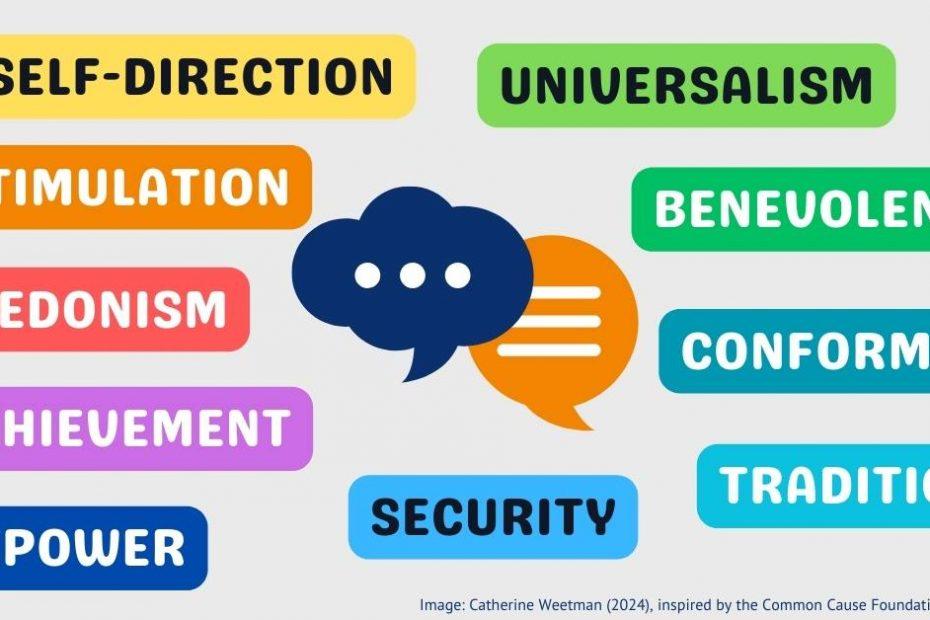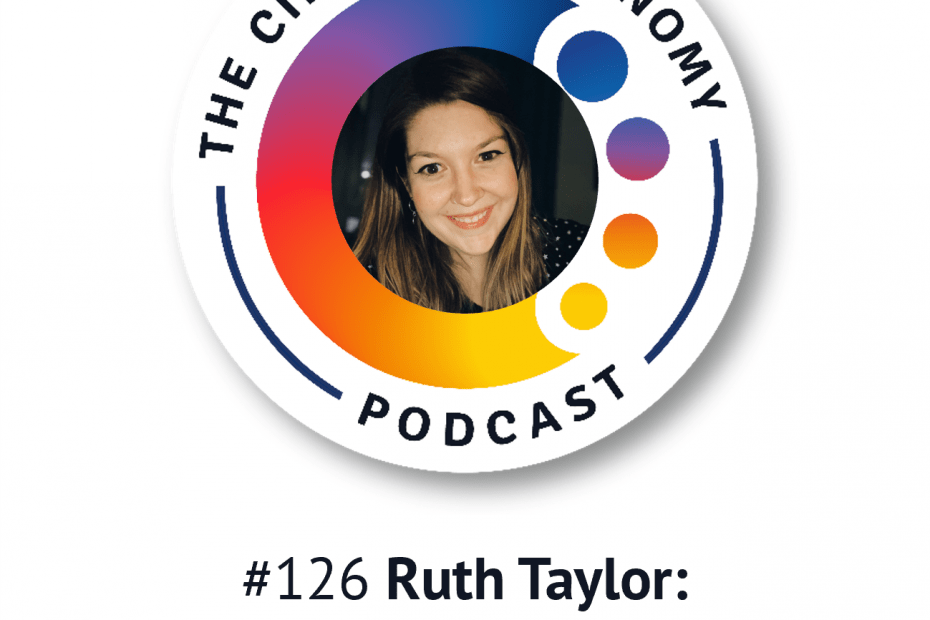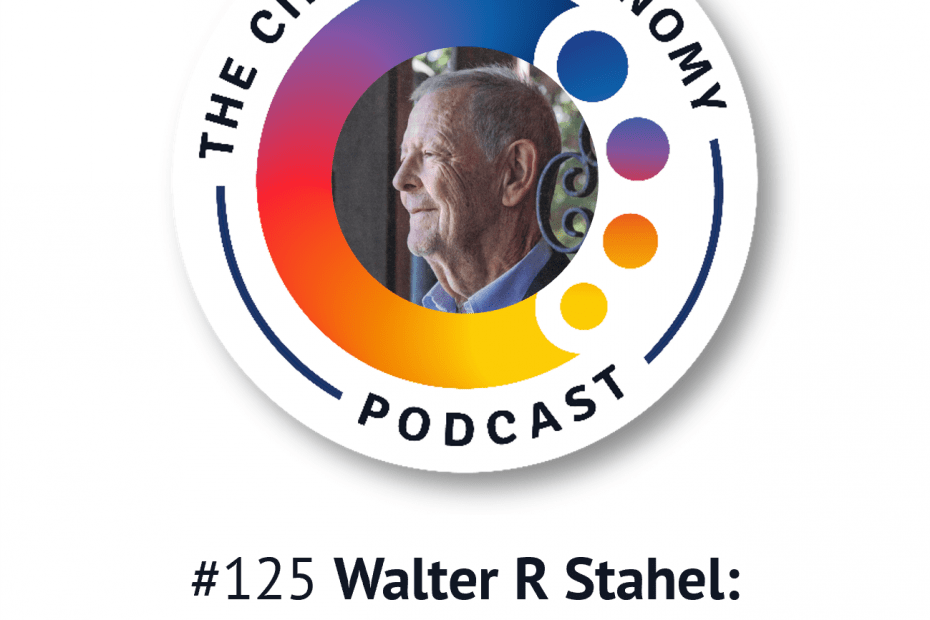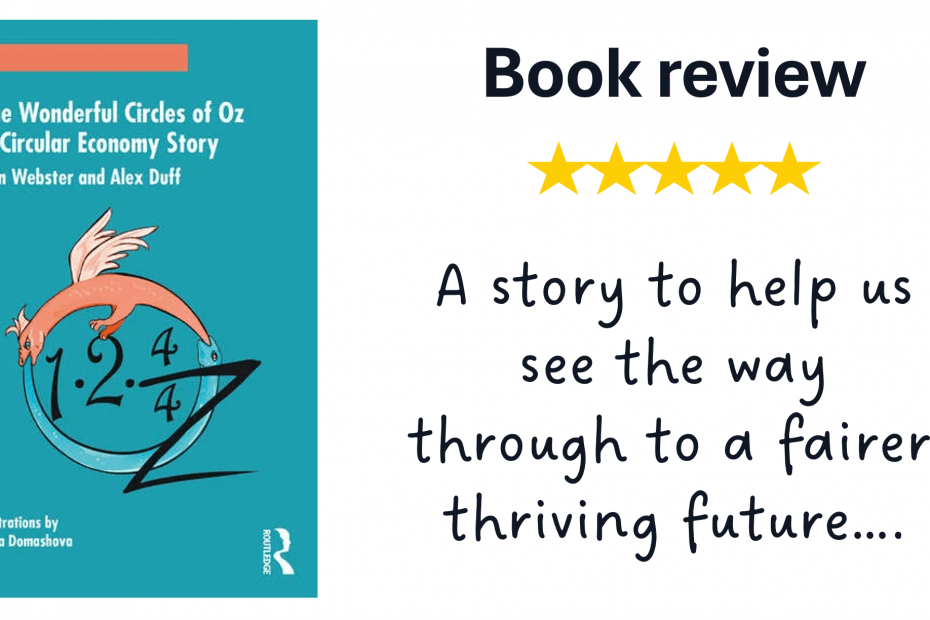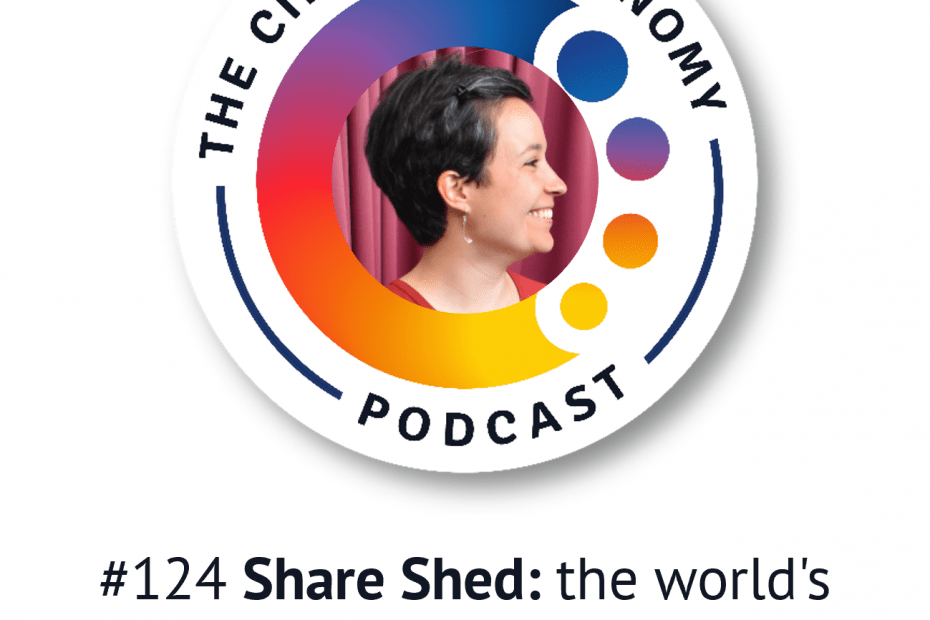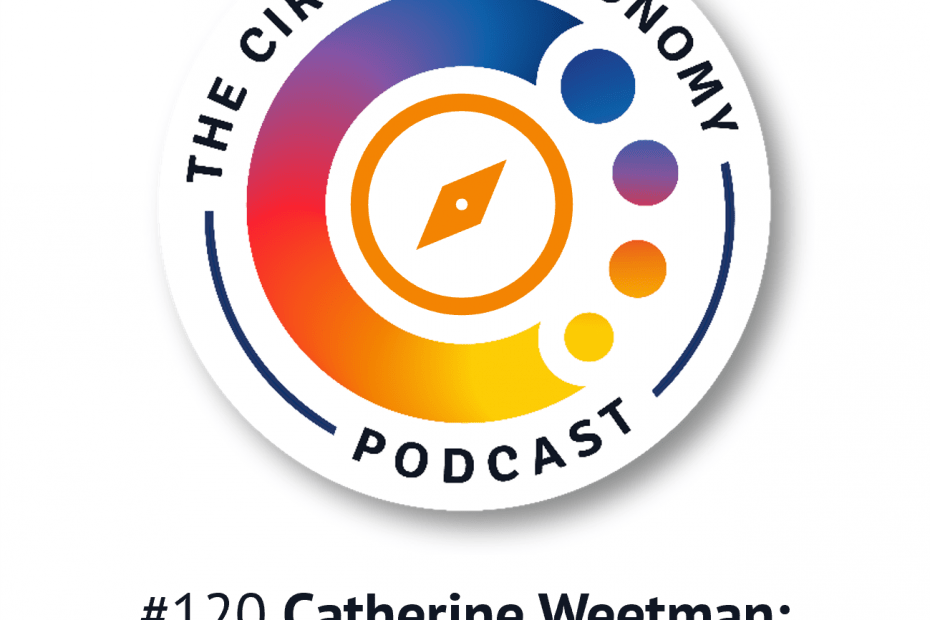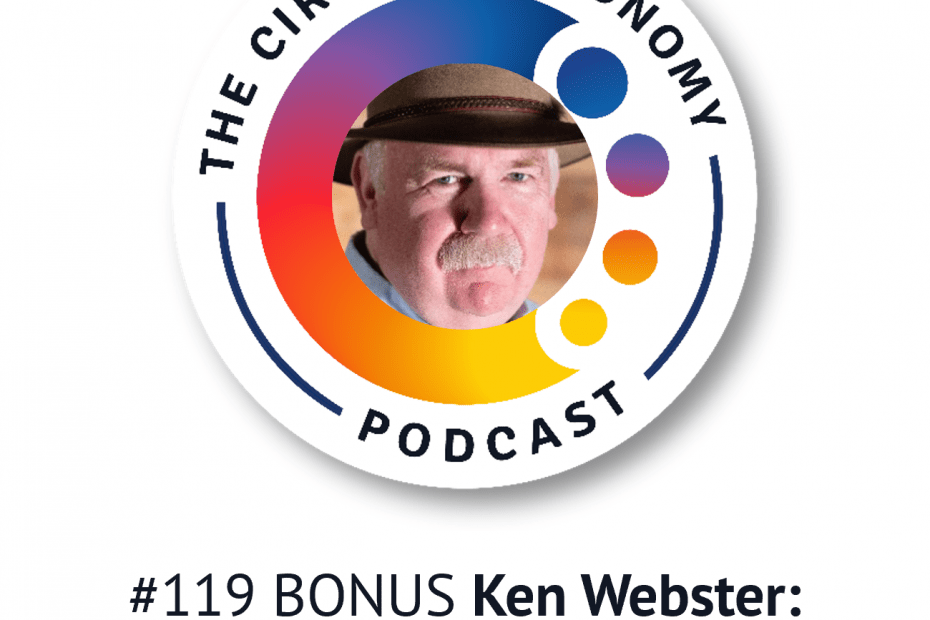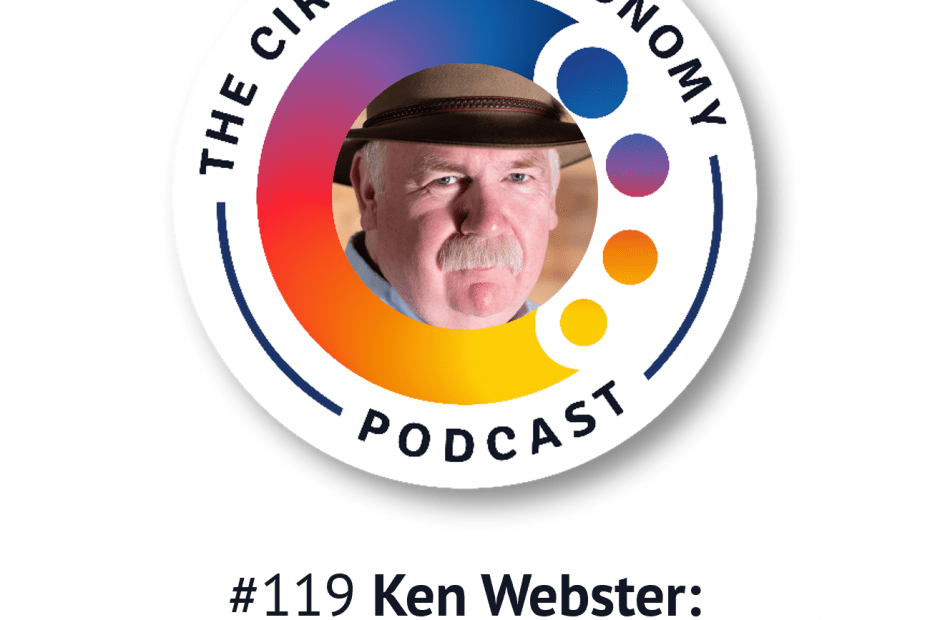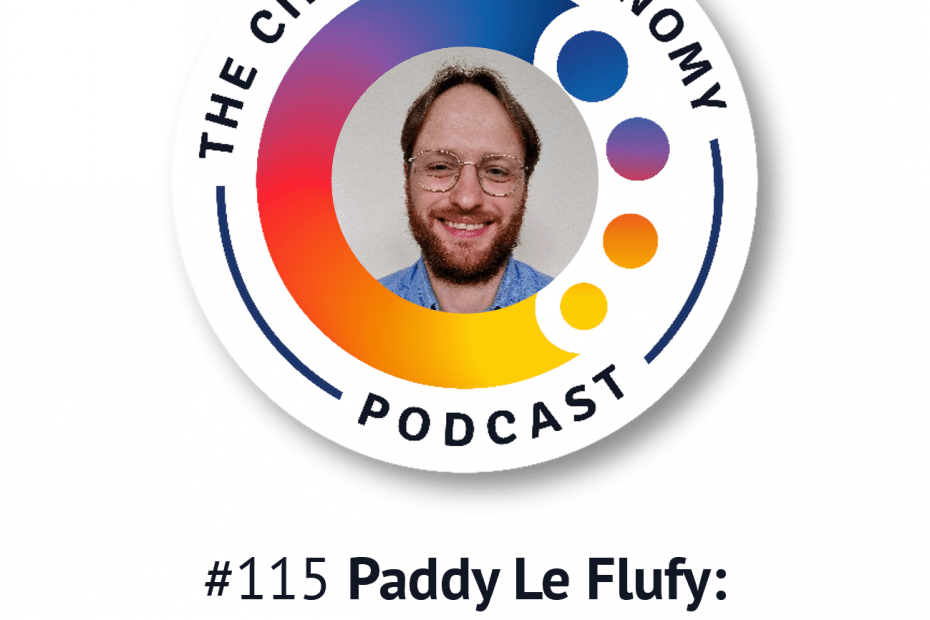129 Alex Holland: SolarPunk Stories for a circular future
How do we draw people towards a deliciously sustainable future?
In this episode, we’re going off at a slight tangent: to explore how we can bring people into this world, to feel they have agency and to see an exciting, meaningful future where we do better, with less.
We’re going to hear about a way of telling stories – that could be fiction to help people understand circular solutions, or it might be stories to help them imagine how circular products and services work in real life, helping them see how that’s more fulfilling than buying yet more stuff and adding to the problems of waste and pollution.
Alex Holland is the Founder of SolarPunk Stories, and has worked as a journalist in the UK, Venezuela and India.
Alex has an MA in Leadership for Sustainable Development and created the world’s first Tea Pub which was also Crowdcube’s most-shared startup.
SolarPunk is a much more optimistic genre than dystopian fiction – it’s more like the Thrutopian concept set out by Professor Rupert Read in an article for the Huffington Post, a few years ago.
Utopias are too fantastical, whereas dystopias can be useless, even dangerously doom-mongering. Instead, we can create thrutopias: stories that help us see a way through the challenges we face, that help us build a vision for the future we want to be part of: a regenerative, fair and inclusive future that we can be proud of. Stories that help us to imagine, to feel what it would be like, and to design the political and economic systems to get us through.
